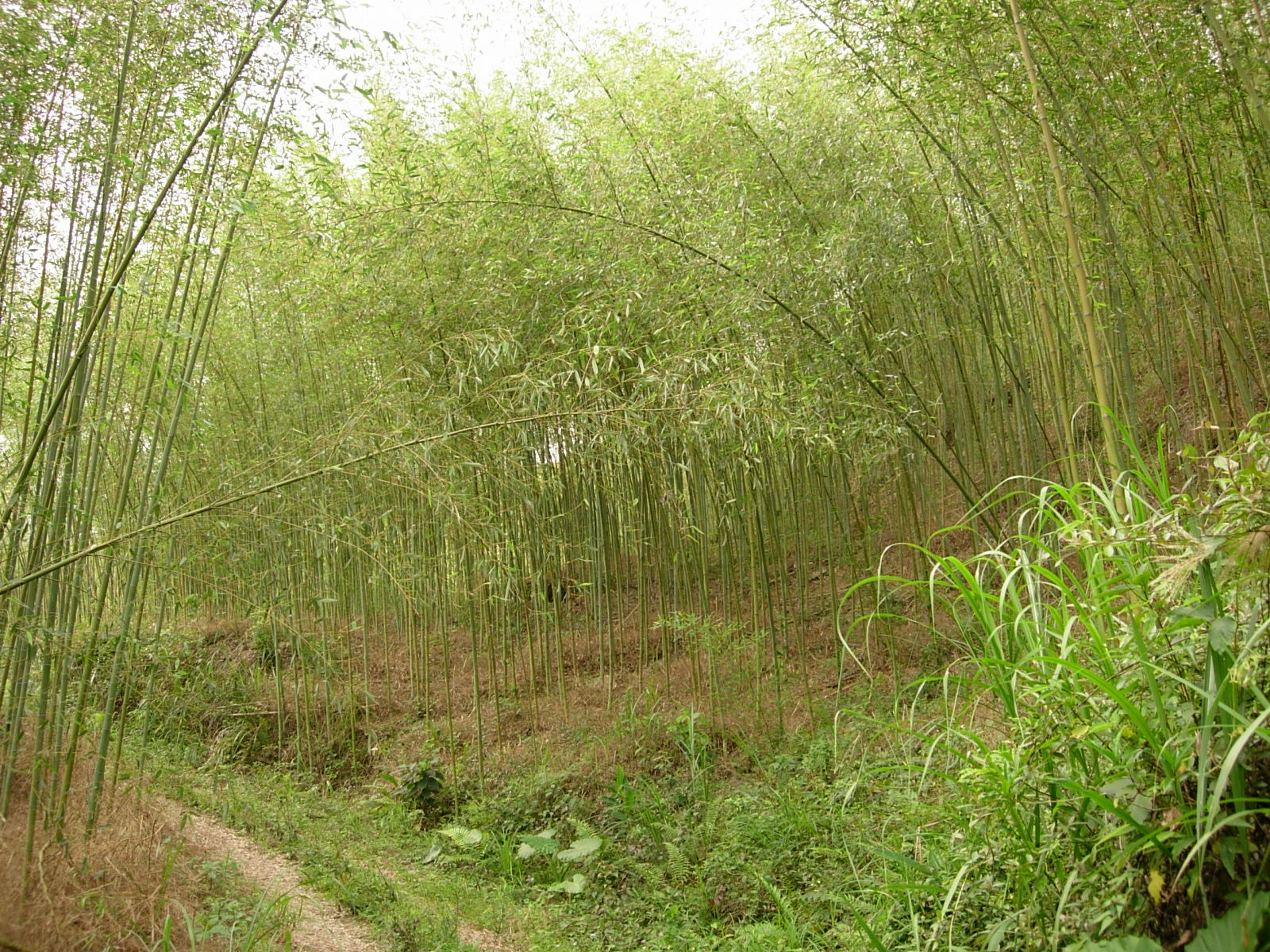“Forest and mountain are our home, it is where our ancestors and we live, where we hunt and will teach our children how to hunt. There is no reason for our Bunun people not to protect the mountains and forests.” With these remarks the Forest Stewardship Council® (FSC®) assessment conducted by Rainforest Alliance was opened in January 2017 by Pai Kwang Sheng, Pastor of the Bunun Tribe in southern Taiwan. Pastor Pai is also the General Manager of Ai-Nun Enterprise, the formal holder of the FSC certificate for its bamboo forest managed by the Bunan people. The positive audit outcome was the first-ever achievement of FSC Certification by an indigenous community in Taiwan and the greater China region – an important milestone for the Bunun tribe, for the country, and for sustainable forestry. I was proud to travel to Taiwan to personally present this well-deserved and groundbreaking certification.
As with many tribal and community enterprises, the Bunun have been seeking ways to manage their natural resources and provide sustainable livelihoods for their people while marketing products derived from their forest. Achievement of FSC certification is an important step in their vision to protect their beautiful mountain environment and preserve their local culture while creating economic opportunities for their community.

Historically, as Taiwan was settled by the Chinese and Japanese, tribal communities were pushed from the mountains into valleys, which meant a change from their traditional way of life. The tribal communities had a difficult time adjusting and finding ways to fit in a commercial society. For the Bunun tribe specifically, a tribal pastor, Pai Kwang Sheng and his family returned to the Yanping village in 1984 to find a solution for his people. He established a church and community center where educational services could be provided as means to support development of the people, and after several years started a kindergarten to offer the first early education in the village. In 1995, Pastor Pai wanted to bring more economic viability to his community and established the Bunun Cultural and Educational Foundation to provide economic means for the tribe. The foundation’s retreat grounds include tribal farms, restaurants sourcing local ingredients, a hostel, conference facilities, weaving shop, cultural classes and a bamboo factory.
The latest achievement in this carefully managed development of the Bunun is the FSC certification of its bamboo forest, which grows intermixed with broadleaf trees. The FSC certification provides international recognition of tribal management of a renewable resource in their ancestral mountains, and provides a market niche for the first certified bamboo in Taiwan. Bamboo is renewable and is endemic to the region and naturally regenerates. It was originally planted in plantation plots in the surrounding mountains in the 1960s. The bamboo is harvested and manufactured by the community into many products such as: bamboo vinegar (extract) used in soaps and other products, bamboo charcoal used for fuel and filtering water, crafts and souvenirs, textiles, and construction materials.
The Bunun sought FSC certification to demonstrate to the government and other stakeholders that the tribe has the means and expertise to manage their forest and enterprise. The certification process evaluates many areas across environmental and social criteria, and addresses the economic viability of the operation to ensure there are long-term management plans. A local advocate for indigenous peoples, Professor Liu, helped to facilitate the certification process for Bunun as part of his work to advocate for Taiwan indigenous communities. He feels strongly that FSC certification will bring this recognition for the Bunun tribe, and this can be promoted and expanded to other tribes to demonstrate the forests can be successfully managed to achieve sustainability and a better economy for the people. Professor Liu praised the Rainforest Alliance as, “a certification body that values work with small communities, so this has been an opportune partnership.”
The certified area in the scope of the Ai-Nun certificate* may only be 28.48ha, but it has an outsized impact on forest certification in Taiwan and the Greater China Region. It sets an example for other indigenous communities in the region and demonstrates that tribes with increased oversight of forest management can responsibly manage natural resources, adhering to the internationally recognized certification programs of the FSC and the Rainforest Alliance.
*RA-FM/COC-007643
**The article is written by Laura Terrall, Director, Certification of the Rainforest Alliance and first appeared on The Frog Business Blog by the Rainforest Alliance on 27 June 2017. This is a repost with the permission from the organization.
